Tad Coffee Company
1. Colombia Finca La Divisa, Natural Carbonic Maceration
This amazing coffee was grown by Sebastian Gomez of Finca La Divisa .
This lot was first aerobically fermented for 24 hours. Thereafter, the whole cherries were placed inside Grainpro bags, filled it up with CO2 and tied it up. The cherries were kept in a controlled environment at a temperature between 21ºC – 22ºC for 50 hours.
Finally, the whole coffee cherries were placed on African raised beds and dried a at controlled temperature between 33ºC – 35ºC, until the cherries reach the ideal moisture content.
This micro-lot is 100% Gesha. This variety was first discovered by Abyssinia, Ethiopia in 1931 and it was planted in Panama.
Tad Coffee works with Cofinet to bring you this amazing Colombian Gesha coffee.
2. Kenya Kirimahiga Peaberry, Fully Washed
With nearly 700,000 coffee producers, roughly 70% of which are smallholder producers, Kenya shines as a unique coffee-producing country in East Africa. Within the Murang’a County along the slopes of the Aberdare Range is the Kirimahiga Factory, or wet mill. 781 smallholders in this region contribute coffee cherries to this mill and belong to the New Kiriti Farmers Co-operative Society.
Situated at 1,650 meters above sea level, this region is defined by its bright red soils, full of rich nutrients for coffee trees. The high altitude allows for ideal temperatures and rainfall for the slow maturation of coffee cherries. Smallholders in this region grow coffee on small plots of land, around 0.25 hectares, and pick the cherries during harvest to deliver to the mill.
There are two harvests in the Murang’a County, a main crop occurring from October – February and a fly crop occurring from April – May. Once the cherries reach the mill, the coffee is washed with water from the Gondo River. After the cherries are pulped, the coffee is placed in large tanks to soak in water and ferment. This allows for the breakdown of the exterior mucilage, normally lasting overnight. The coffee is then spread evenly on raised tables to dry in the open sun until a targeted moisture content is reached. Producers and the Factory collectively value sustainability, and various projects have been enacted to reduce environmental impact. Wastewater used for processing is carefully placed into soak pits to seep back into the soil without polluting the local drinking source.
Tad Coffee works with Mercanta to bring you this delicate and delicious Kenyan coffee.
3. Ethiopia Moyo Nyekundu G1, Fully Washed (AICA 2022, Bronze Medal)
Our Ethiopia Moyo Nyekundu won Bronze Award (Pour Over, Single Origin, Filter Coffee) in the Australia International Coffee Awards 2020.
Moyo Nyekundu is an organic fully washed coffee sourced from the Benti Nenqu village. This coffee is processed using an eco-friendly wet processing infrstructure at the METAD’s 200 hectare farm located in Hambele Guji, Ethiopia.
These coffee were de-pulped and fermented for 36 to 48 hours before sending to the washing station. The seeds were dried on african drying bed, with schedules to rake the bed every two to three hours. The drying stages take about 12 to 15 day depending on weather.
Tad Coffee works with 2nd Mile Specialty Coffee to bring you this vibrant Ethiopian coffee.
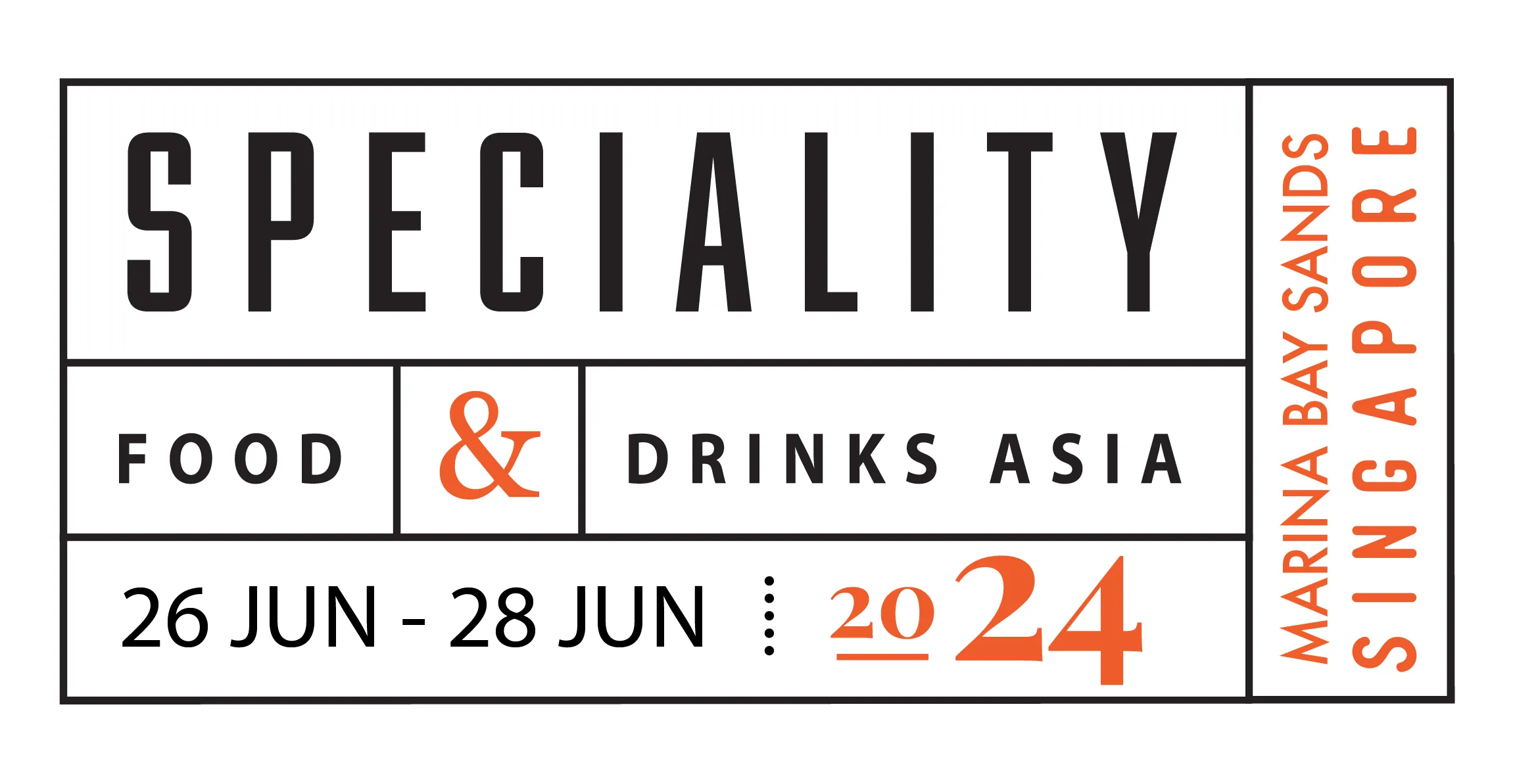


)
)
)
)
)
)
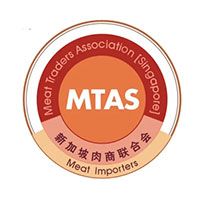


---For-website-v2.png)
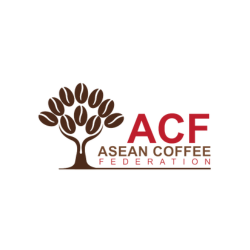


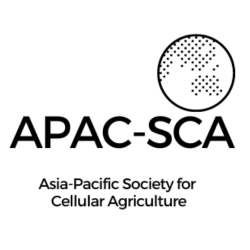
.png)


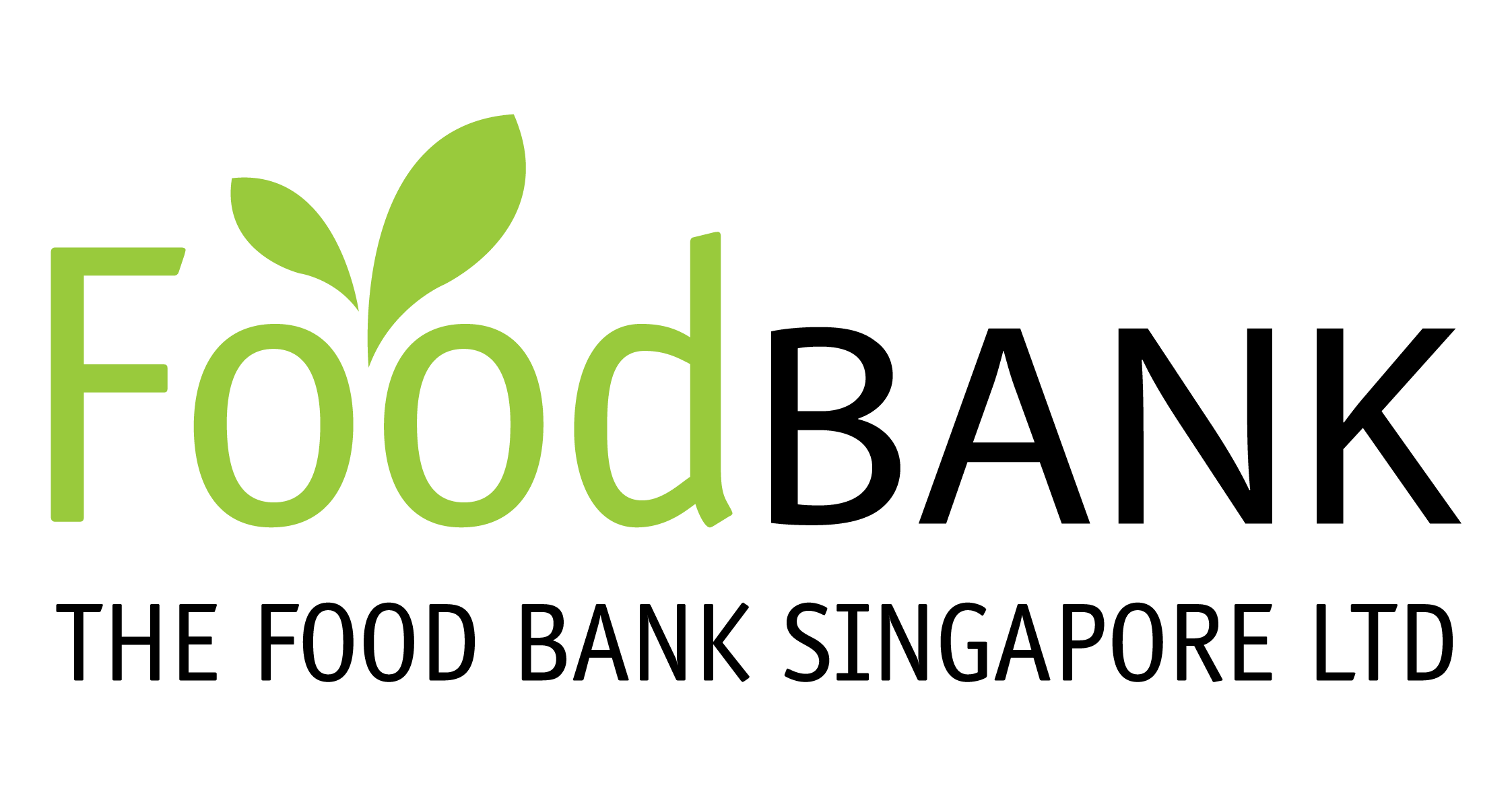


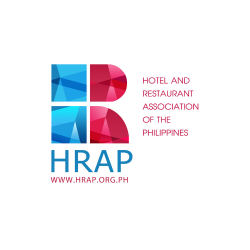
.png)

.png)
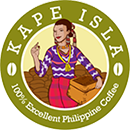

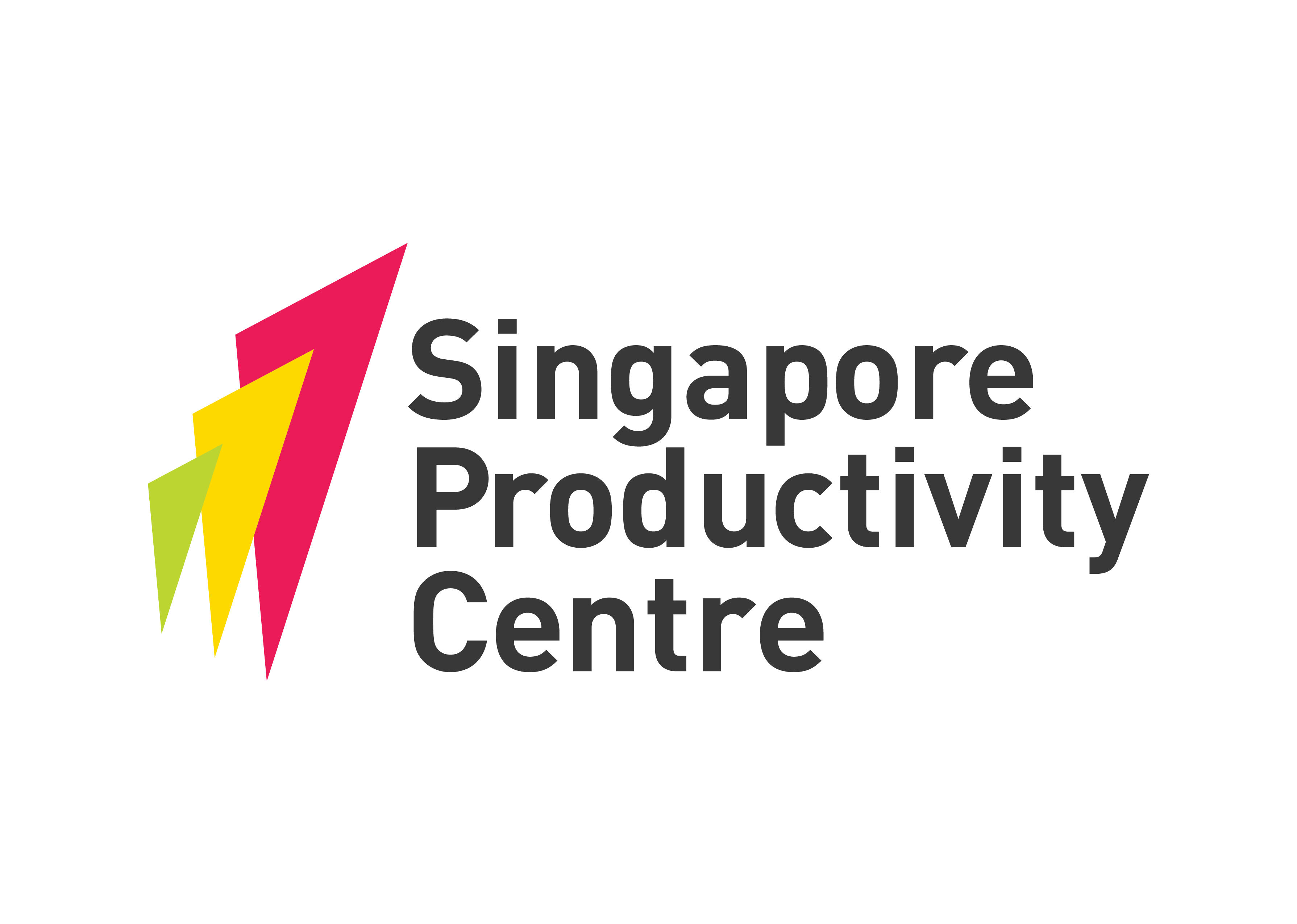

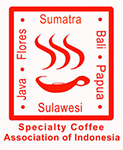

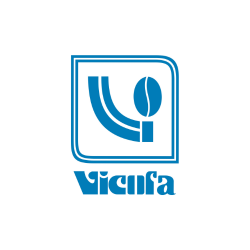

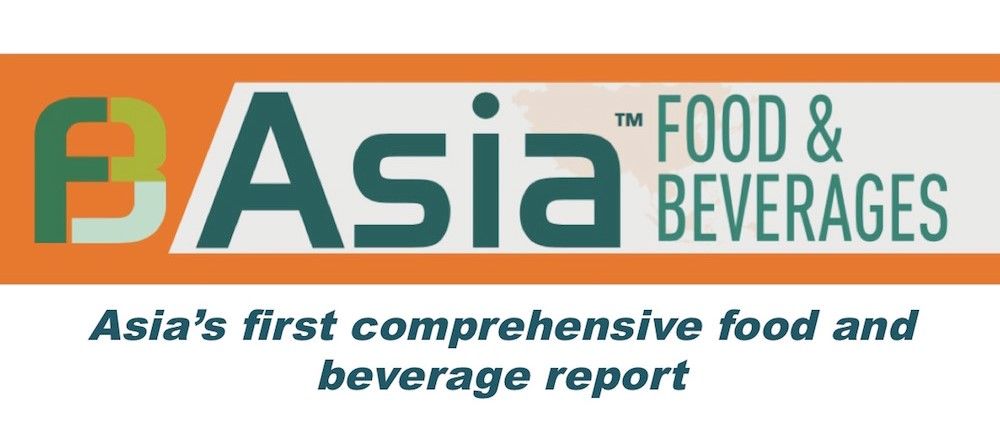
-(ai-file)-(2).png)






.png)


